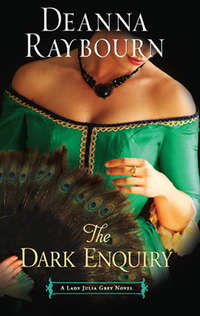Sadece Litres'te okuyun
Kitap dosya olarak indirilemez ancak uygulamamız üzerinden veya online olarak web sitemizden okunabilir.
Türler ve etiketler
Yaş sınırı:
0+Litres'teki yayın tarihi:
10 mayıs 2019Hacim:
381 s. 3 illüstrasyonISBN:
9781472046253Telif hakkı:
HarperCollins